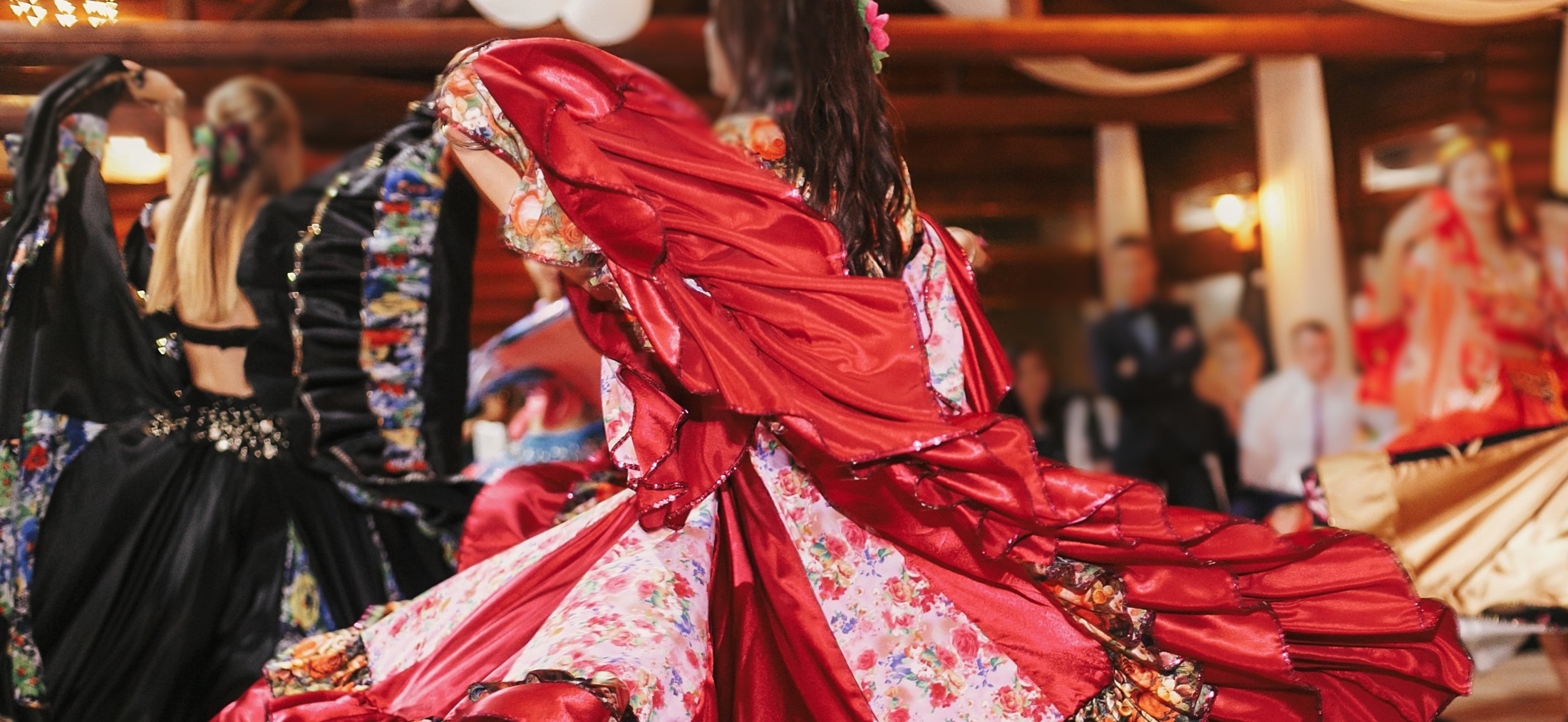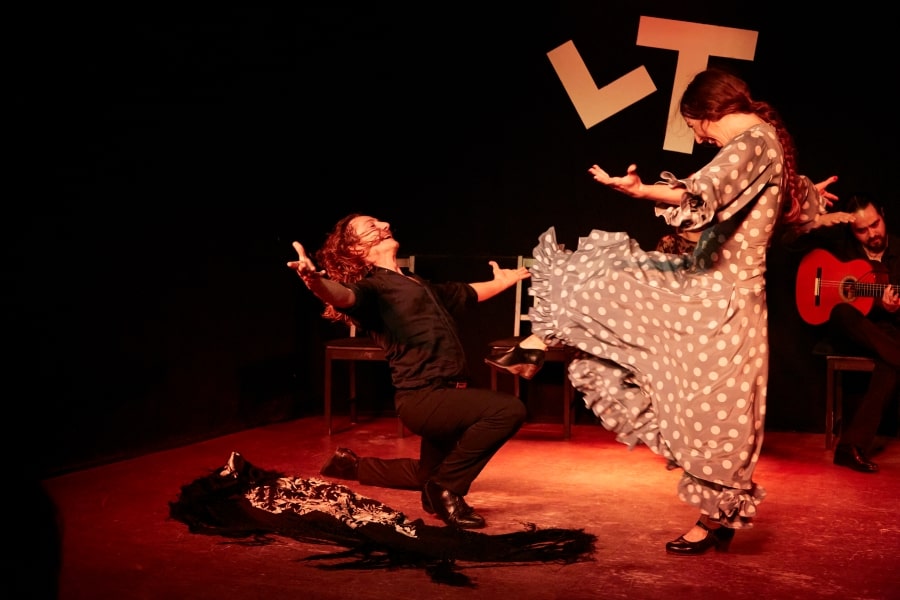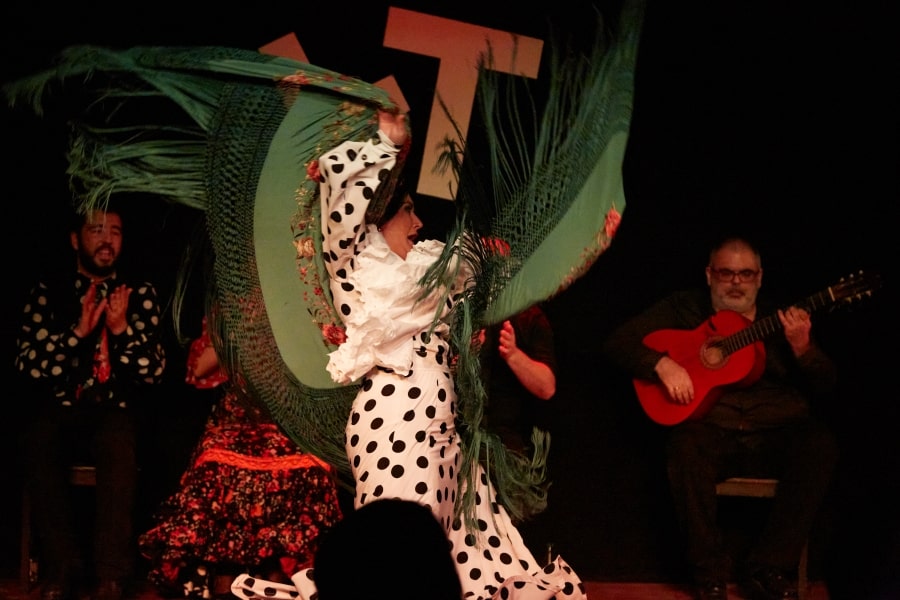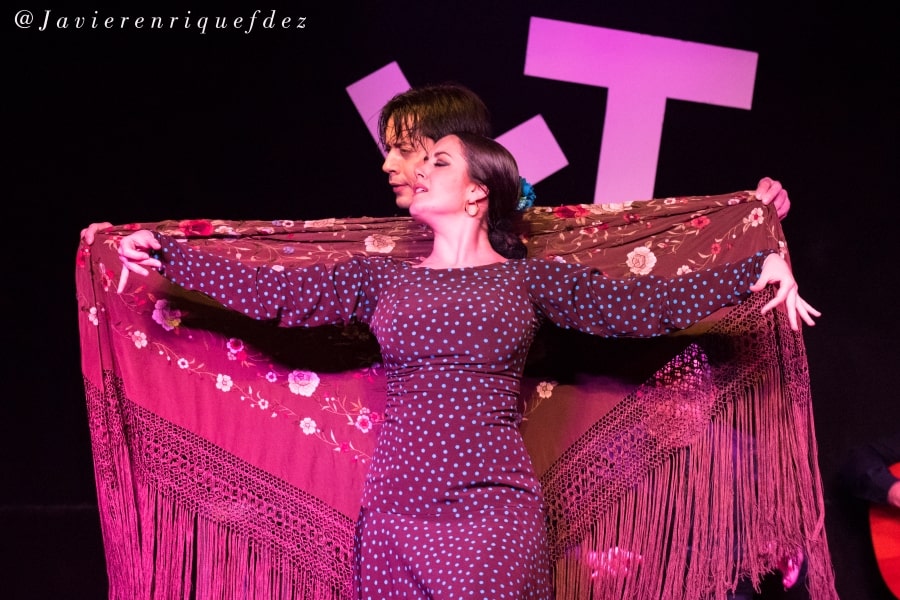
Q&A with Marisol Navarro — the driving force behind Madrid’s contemporary Flamenco venue Las Tablas
A Flamenco venue in Madrid with a contemporary vibe hosting some of the country’s best performers, Las Tablas was founded by flamenco dancers Marisol Navarro and Antonia Moya in 2003.
Here, we talk to Navarro about how she discovered flamenco, why she decided to set this space up, and what she most loves about this unique art form.

How did you start your career as a flamenco dancer?
I started studying contemporary dance at the National University in Costa Rica. My parents are Spanish and I grew up in Costa Rica until I was 21 years old. I discovered flamenco on returning to Madrid and watching Saura's trilogy of Amor Brujo, Bodas de Sangre, and Carmen. I was immediately captivated and decided I wanted to study flamenco. At that time, there was little flamenco in Costa Rica, so I decided to go to university and study contemporary dance while studying what I could of flamenco. After finishing my degree, I came to Madrid to study at the dance school Amor de Dios.

What led you to set up Las Tablas in 2003?
I founded it with my partner Antonia Moya in 2003. We wanted to have our own space for flamenco where we could offer everything that is good for us in terms of show quality, artists, staging, and audience interaction. When Antonia and I opened Las Tablas in 2003, we wanted it to be a special place, to put all the knowledge we had acquired throughout our artistic careers at the service of our tablao. We wanted a space with a large stage, to use the resources of lighting, to take great care with programming and artist selection, and to improve what already existed. We did it with the excitement of two artist women embarking on a dream. At the same time, we became entrepreneurs.

What defines your tablao? What makes you different from other tablaos in Madrid?
We offer a high-quality flamenco show, both in terms of artist selection and staging. We care about the stage space, sound, and lighting. Perhaps what makes us different is that we are artists in charge of the company. It is a company formed by two artist women who are also fighters. Within the current Madrid flamenco scene, we choose the artists who we believe, in addition to being of a high technical level, are capable of communicating, transmitting emotions, and saying something more. This may be subjective, but I think that being artists helps us to have a good eye.
